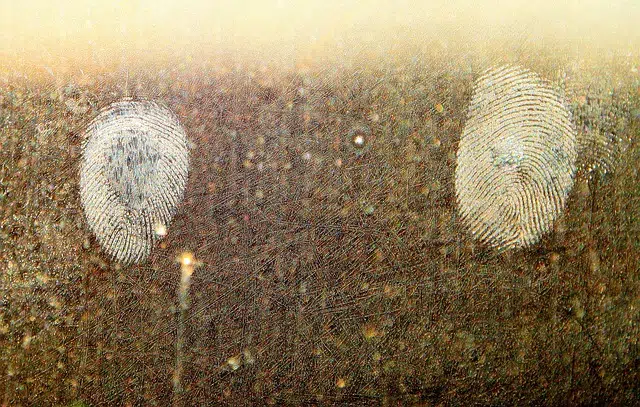
A forensic ballistics examination can constitute decisive expert evidence in a trial.
The concept of testing can refer to a test, an evaluation, an experiment or a demonstration. Expert , for its part, is an adjective that refers to what is linked to an expert (the expert who provides information of interest to a judge) or to an expertise (the knowledge of the expert).
The notion of expert evidence appears in certain judicial processes. This is what a specialist in a certain subject analyzes about the case in question, reporting his or her conclusions to the judge. These experts have no relationship with the parties in dispute and must provide information that is not biased.
What does an expert test consist of?
Specifically, we can establish that an expert test aims to thoroughly study and examine a specific fact, a behavior and even a simple object in order to establish not only its causes but also its consequences and how it occurred.
Expert evidence, therefore, is the result of an investigation or analysis by an expert . Once the judge accesses the expert evidence, he or she has more information to judge the case in question.
Any expert evidence that is used in a judicial process must be known that it is supported by several guarantees, such as its competence, its impartiality and even the guarantees of its instruction.

A common expert test is the study of fingerprints.
Classification according to type
There are various types of expert evidence that can take center stage in a trial, among which the following stand out:
– Fingerprint tests , which revolve around what fingerprints are.
– Forensic ballistics tests , which are responsible for thoroughly examining the weapons found at the scene of the crime or that have a lot to do with it. Its analysis will involve studying everything from the wounds caused to the victims to detecting traces of gunpowder in the suspects and victims and undertaking the comparison of bullets and casings.
–Physical-chemical tests . These study and analyze in depth issues such as broken glass, cuts in clothing, marks on certain objects...
– Forensic biology tests , which consist of both undertaking an autopsy of a corpse and carrying out drug tests on victims or suspected criminals and even analyzing what are stains of semen, blood or other body fluids.
– Psychiatric tests , which thoroughly analyze the mental state of the person sitting in the dock.
Expert evidence and the legal
It is important to highlight that the expert evidence must include data verified by the expert, with an explanation of how he or she arrived at the conclusions, but they cannot present an interpretation of the laws or legal data. It is the judge who must interpret and evaluate the information from the expert evidence and determine how this data adds to the judicial case.
This means that, although the expert evidence includes the opinion of the expert, it cannot make a judgment from a legal point of view. The expert is a collaborator of the magistrate , but does not have the power to judge.
Suppose the body of a man is found with a bullet in the head. The judge must determine if this is a case of suicide or if the person was murdered. As part of his work, he requests the assistance of a criminalistics expert specialized in ballistics . The expert evidence provided by this expert maintains that, according to the deceased's wound and other issues, it can be determined that the bullet traveled a distance of more than one meter, something that rules out the hypothesis of suicide.
